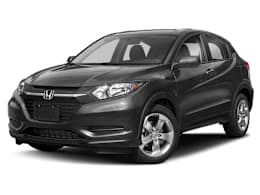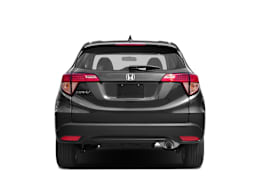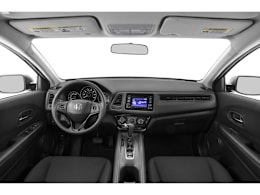Fuel System/Emissions
Sensors (O₂, or oxygen, sensor), emission-control devices (includes EGR), fuel-injection system, fuel gauge/sender, fuel pump, problems filling up the tank.
What Owners Say
"Honda had fuel pump recalls on both our cars that had to be serviced."
Anonymous A., NY (2018 Honda HR-V LX 1.8-L 4 Cyl)"Fuel pump recall"
Anonymous A., IL (2018 Honda HR-V EX-L 1.8-L 4 Cyl)"Was just the recall part but waited 10 months ti get it"
Anonymous, PA (2018 Honda HR-V EX 1.8-L 4 Cyl)











"Didn't have a problem but had to get a part due to recall"
Anonymous, PA (2018 Honda HR-V EX 1.8-L 4 Cyl)